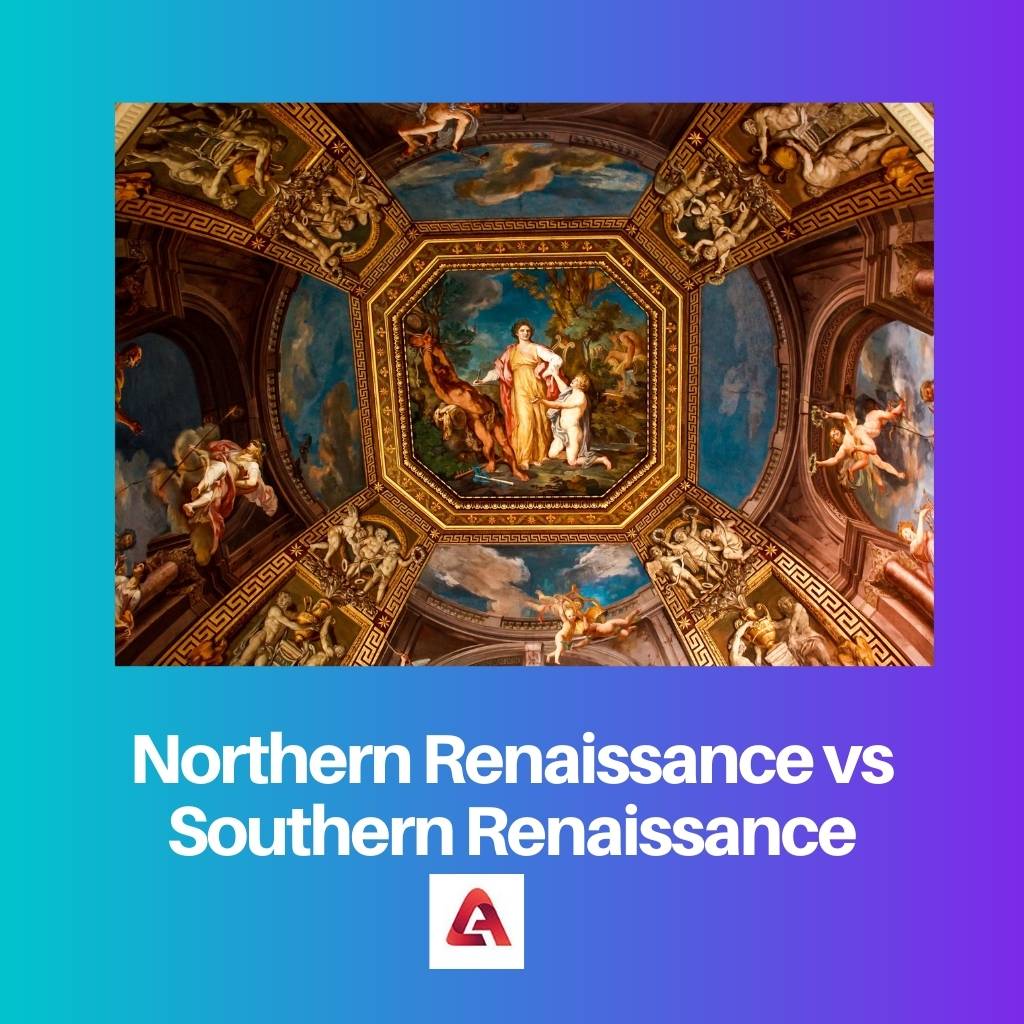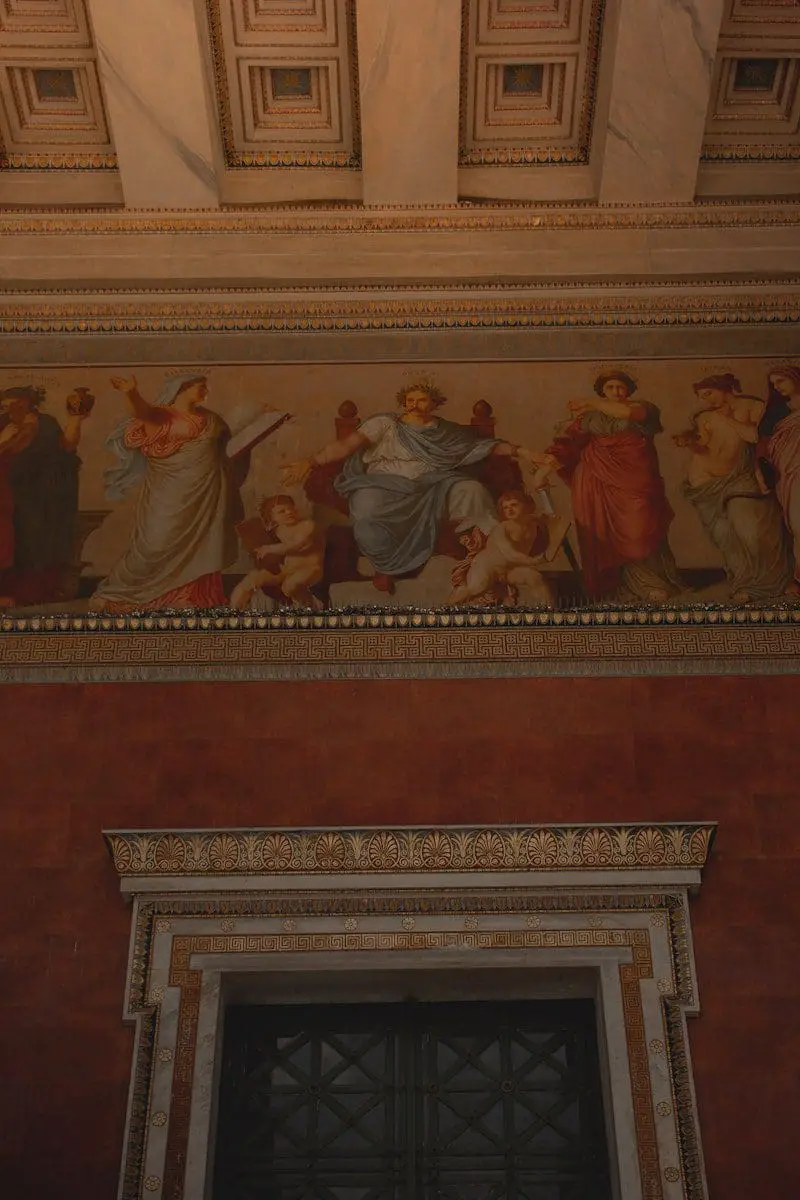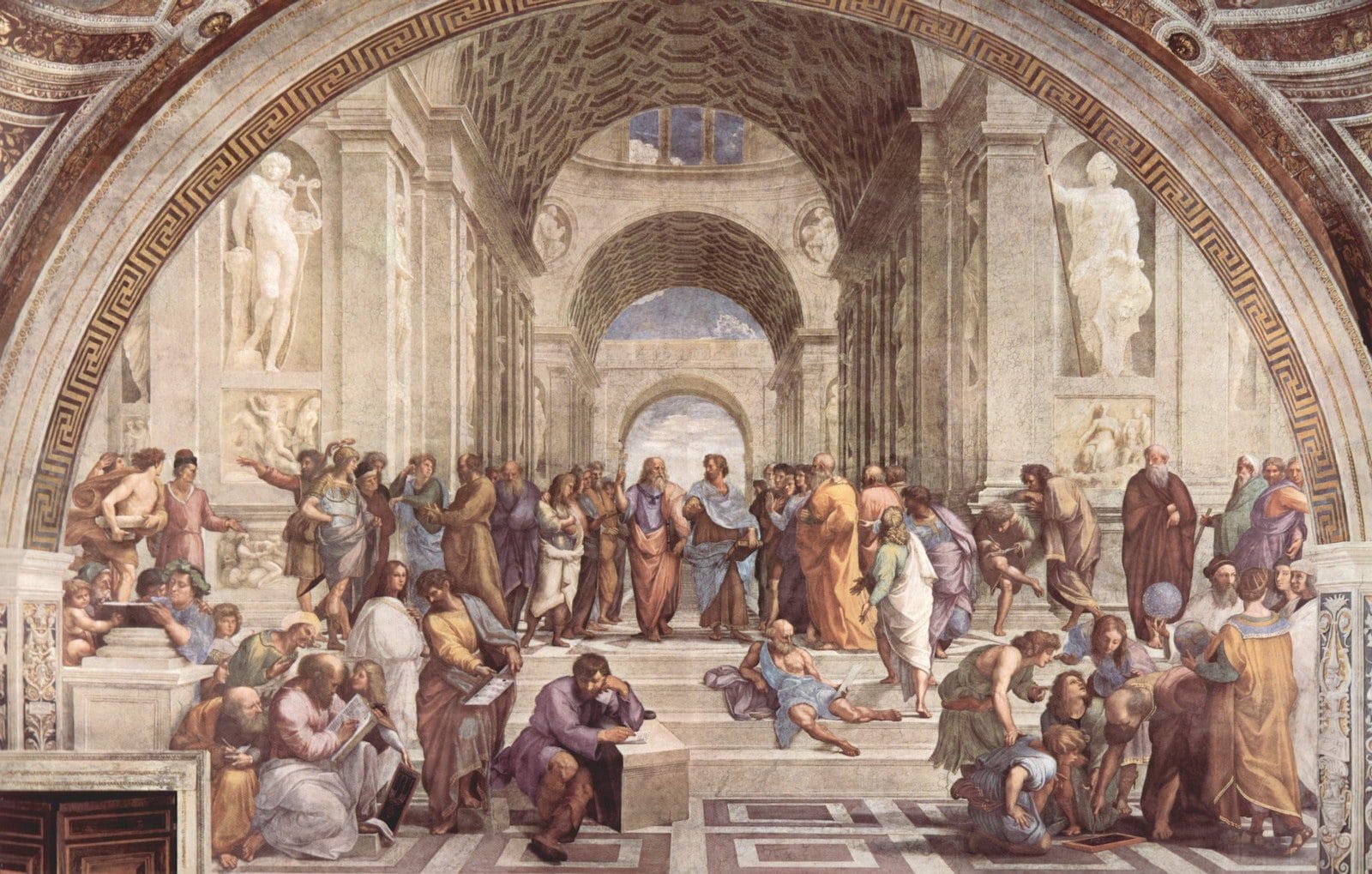Every nation or continent has a history that is prosperous and renowned for its greatness and uniqueness. There comes a period in every nation’s history wherein its rate of development and prosperity is escalated because of the efforts put in by its citizens.
Alike that, the continent of Europe has its independent era where the entire world witnessed its amelioration.
The term used for this era is “Renaissance”. The Renaissance belonging to the northern part of Europe is the “Northern Renaissance”, and that belonging to the southern part of the continent of Europe is the “Southern Renaissance.
Key Takeaways
- The Northern Renaissance and Southern Renaissance were two different periods of Renaissance art in different regions of Europe.
- The Northern Renaissance focused on religious themes, realism, and attention to detail, while the Southern Renaissance focused on classical themes, idealism, and harmony.
- Northern Renaissance artists used oil painting techniques to create highly detailed works, while Southern Renaissance artists used fresco and tempera techniques to create large-scale murals and portraits.
Northern Renaissance vs Southern Renaissance
The difference between the Northern and Southern Renaissance is that the Northern Renaissance embarked in the 16th century. On the other hand, the Southern Renaissance commenced in the 14th century. European countries like the Netherlands, France, Germany and England were a part of the Northern Renaissance. On the other hand, the Southern Renaissance included countries like Italy.

The Northern Renaissance embarked in the 16th century. It was a “300-year golden age” that facilitated the continent’s northern part in various fields like science, literature, religion, politics, art and architecture.
Countries like Belgium, France, England, and Germany were a part of the Northern Renaissance. The Northern Renaissance has it’s focused majorly on the development of Christianity and churches.
The Southern Renaissance is also known as the Italian Renaissance. It commenced in the 14th century. States and cities like Florence, Milan, Naples, Venice and the Papal States of Italy were included in the Southern Renaissance.
The Southern Renaissance was under the patronage of the Medici Family, the ruler of Florence city for nearly 60 years. The Medici Family was one of those wealthy families ready to sponsor the blooming artists in Italy.
Comparison Table
| Parameters Of Comparison | Northern Renaissance | Southern Renaissance |
|---|---|---|
| Began in | 16th century | 14th century |
| Countries/states/cities included | Germany, France, Belgium, England, Netherlands | Italy, Florence, Venice, Milan, Naples, Rome, Pisa, Siena, Genoa, Ferrara, Mantua, Verona |
| Main Ideas | Early Christian culture, the significance of churches. | The ability of individuals to do something for society, recovery of the country from disasters faced in the 14th century, and modern approach to culture. |
| Basis of Artwork | Humanism, choreography | Greek and Roman folklores |
| Main Focus | Creation and elucidation of Christianity once again. | Improvement in science, architecture, literature |
| Key People | Jan Van Eyck, Thomas More, William Shakespeare, Reuchlin, Erasmus, Roelef Huisman | Lorenzo de’ Medici, Michelangelo, Leonardo da Vinci, Nicolaus Copernicus, Francesco. |
| Famous for | Stone sculpture, wood carving, oil painting skills, altarpiece art, portrait paintings | Exploration in fields like music, philosophy, technology, science etc Architecture and art. |
What is Northern Renaissance?
The Northern Renaissance was the golden age in the history of Europe. It embarked in the 16th century in countries like Belgium, France, Germany, England and the Netherlands. The Northern Renaissance was that era where people focused on the amelioration of Christianity and churches.
Along with that, it expanded the fields like art, architecture and science as well.
Artists made adaptations of the Italian Renaissance and its art forms from countries that were a part of the Northern Renaissance. The ideas and theories put forth during the renaissance were exceptional and transformed the mindset of people regarding art.
Perspective towards art and various other fields was modified and reconstructed.
Apart from that, the Northern Renaissance aimed at transforming Christianity and developing churches in various parts of various countries that were a part of the renaissance.
Well known for its oil paintings, stone sculptures, wood carvings, portrait paintings, and altarpiece art, the Northern Renaissance was one of the most important periods of European history. The Northern Renaissance also influences countries like Poland, Spain, Portugal, Scotland etc.
The Northern Renaissance commenced because of the artist Jan van Eyck; Robert Campin and Rogier van der Weyden are the key people behind the Northern Renaissance. Renowned writers like William Shakespeare were a part of the renaissance.
The various terminologies used for the artworks produced in the Northern Renaissance are illusionism, tempera, triptych, polyptych etc. The ideologies of the Renaissance reached the Northern part of Europe because of the increasing mounting of the sovereigns and developing cities.

What is Southern Renaissance?
The Southern Renaissance, also known as the Italian Renaissance, is considered one of Europe’s most exemplary periods.
It began in the 14th century in the city of Florence under the patronage of Lorenzo de Medici, who was one of the members of the Medici family, the family which was also the ruling family in Florence for nearly 60 years.
Although Florence is considered the home city of the Renaissance, there were other cities and states included in the Southern Renaissance, such as Venice, Milan, Naples, Rome, Pisa, Siena, Genoa, Ferrara, Tuscany, Bologna, Urbino, Lucca, Pavia, Pienza, Arezzo, Cremona, Palmanova, Sabbioneta etc.
The Southern Renaissance aimed to recover the damage caused to the country during the shattering disasters of the 14th century and also aimed at bringing into focus the abilities possessed by humans that can mould society into a better place.
Unlike the Northern Renaissance, The Italian or Southern Renaissance did not focus mainly on the development of Christianity but also the novelty of art and various other fields like science, architecture, literature, politics etc.
Similar to the Northern Renaissance, many vital figures helped in the success of the Southern Renaissance, such as Lorenzo de Medici, Michelangelo, Leonardo da Vinci, Nicolaus Copernicus, Francesco Petrarca, Raphael, Michel de Montaigne, Niccolo Machiavelli, Galileo Galilei.
The Italian Renaissance put forth its independent definition of humanity. It had numerous artistic endeavours which put the entire world in awe. The mannerism we see while creating an artwork lacked perspective and proportion before the Italian Renaissance.
The wealthy would entertain themselves using hunting as their pastime.
The end of the Middle Ages marked the beginning of this golden era in European history.
One of the fundamental changes that took place during the Southern Renaissance was that people’s perspectives to see life which lacked creativity, were transformed. It became more harmonic for them to live their life because of the artistic, scientific, and technological creations.

Main Differences Between Northern Renaissance and Southern Renaissance
- The Southern Renaissance began before the Northern Renaissance, and the Northern Renaissance had some influence from the Southern Renaissance.
- The Southern Renaissance involved only one country, which was Italy. On the other hand, the Northern Renaissance involved several countries: Belgium, Germany, France, and England.
- The Northern Renaissance emphasised the amelioration of Christianity; on the other hand, the Southern Renaissance emphasised the development of society.
- The Southern Renaissance stimulated the renewal of fields like music and philosophy, and the Northern Renaissance promoted the artistic forms of oil painting, sculpture etc.
- Artwork created during the Northern Renaissance was mostly chorographical. On the contrary, the artwork created during the Southern Renaissance was based on Greek and Roman ideologies.
- https://books.google.com/books?hl=en&lr=&id=5uo9DwAAQBAJ&oi=fnd&pg=PA1&dq=italian+renaissance&ots=doxZEWpAuj&sig=gIt_JuqaAhBAzEkCw3Gd79qCE7M
- https://pdfs.semanticscholar.org/65ec/4dd556a1b2022fcba6c2e4f1a160a40065ec.pdf

The Northern Renaissance’s legacy is an enduring testament to the heights of human achievement and intellectual pursuits. Its impact on artistic, scientific, and cultural domains continues to resonate, underscoring the significance of the era.
Indeed, the Northern Renaissance’s enduring legacy serves as a testament to the enduring impact of human creativity and intellect. Its profound influence on art, literature, and scientific inquiry reverberates through the annals of history.
The Northern Renaissance truly was a golden age for Europe, advancing not only on the artistic front, but also making significant contributions to science, architecture, and literature. It’s fascinating to see the impact it had on various fields.
Absolutely, the Northern Renaissance was transformative and influential in reshaping European culture and society. The contributions of key figures like Jan van Eyck and William Shakespeare are immeasurable.
The Northern Renaissance’s impact on European culture and society was revolutionary. The era laid the groundwork for the flourishing of art, literature, and scientific inquiry that continue to resonate to this day.
Indeed, the Northern Renaissance was a watershed moment in history that set the stage for enduring developments in art, literature, and scientific exploration. Its legacy endures as a testament to human creativity and innovation.
The Northern Renaissance was an epoch of evolution and reformation in various artistic forms. The proliferation of oil paintings, stone sculptures, and wood carvings during this period is representative of its artistic prowess.
Absolutely, the artistic achievements of the Northern Renaissance encompassed a wide array of forms, leaving an indelible mark on the history of art. It’s truly a testament to the era’s cultural influence.
Undoubtedly, the wealth of artistic accomplishments from the Northern Renaissance paved the way for future innovations and paved the way for the flourishing of art in subsequent periods. It’s an enduring legacy.
The comparison table between the Northern and Southern Renaissance is quite instructive. The shift in focus from religious and Christian themes in the North to the recovery and modern approach to culture in the South is particularly interesting.
Yes, the table provides a comprehensive overview of the two Renaissance periods. It’s intriguing to see that the main ideas and basis of artwork varied significantly between the two regions.
The Northern Renaissance ceases to amaze with its emphasis on the improvement of Christian culture and the significant role it played in the development of churches. The evolution in art, architecture, and science during this period is truly remarkable.
Absolutely, the focus on Christianity and churches in the Northern Renaissance led to groundbreaking developments in the artistic and scientific domains. It’s an era worth delving into to understand its enduring impact.
The contributions of artists and writers during the Northern Renaissance are undeniable. The influence they wielded, not just across Europe, but in other regions as well, speaks volumes about the era’s significance.
Indeed, the Northern Renaissance had a formidable impact, with key figures like Jan van Eyck and William Shakespeare shaping the cultural landscape for generations to come. Their legacy is truly enduring.
The Northern Renaissance’s emphasis on art, architecture, and scientific progress was pivotal in shaping the cultural landscape of Europe. It’s a testament to the era’s enduring influence on human creativity and intellectual pursuits.
Absolutely, the Northern Renaissance served as a catalyst for artistic and intellectual innovations that left an indelible mark on European culture. Its impact on various domains is a testament to the era’s significance.
The Northern Renaissance stands as a testament to the transformative power of human ingenuity and creativity. Its contributions to art, literature, and scientific inquiry continue to inspire and influence contemporary pursuits.
The Northern Renaissance exemplified the boundless capacity of human creativity and intellectual pursuit, leaving an indelible legacy that continues to inspire and captivate contemporary audiences. Its enduring impact cannot be overstated.
Indeed, the Northern Renaissance represented a renaissance of human creativity, propelling art, literature, and scientific exploration to unprecedented heights. Its enduring legacy is a testament to the resilience of the human spirit.
The transformative effect of the Northern Renaissance on art and various intellectual domains is evident in the enduring legacy it left behind. The impact it had on the European arts scene is immeasurable.
Absolutely, the Northern Renaissance was a pivotal period that reshaped artistic perspectives, scientific advancements, and cultural paradigms in Europe. Its influence reverberates through the annals of history.
The Northern Renaissance was indeed a flourishing period that catalyzed innovations in art and ushered in a renewed appreciation for cultural and intellectual pursuits. Its profound influence lingers on.